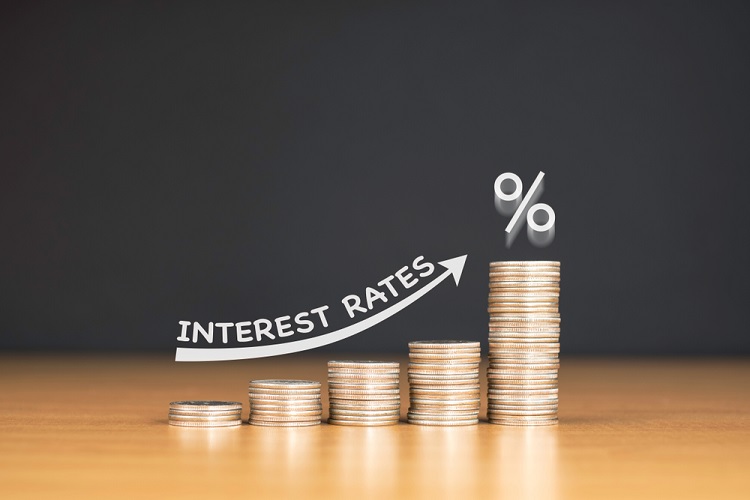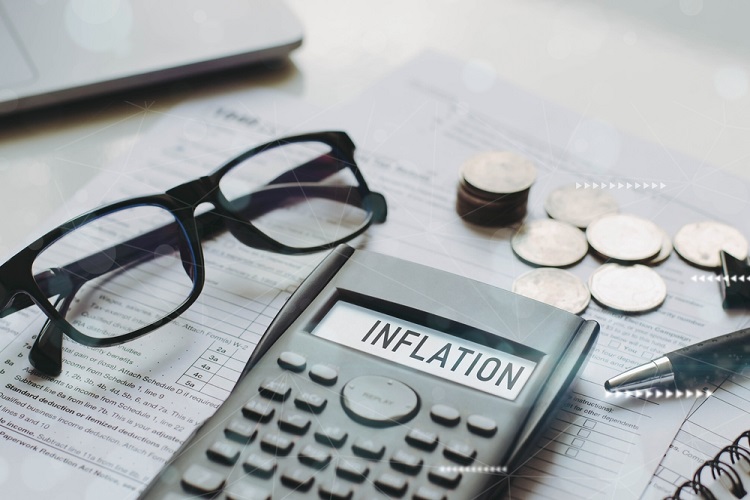5 Tips To Cope With Rising Interest Rates
It’s everywhere in the news – and it’s evident in your everyday money management: Interest rates and inflation are on the rise. But what do these two financial factors mean for you, your family, your current level of spending, and your future plans for saving?
Personal finance expert Suze Orman offers some key insights that could help you understand what the current economic landscape means for your personal finances, and how you can easily develop strategies for dealing with monetary ups and downs.
After all, knowing more about current money matters and how they impact your life is always in your best interest.

Is Inflation Temporary?
According to Orman, it’s worth noting that inflation spikes come and go. The most recent inflation surge can be attributed to businesses having trouble meeting consumer demand after pandemic shutdowns, supply chain slowdowns, and global financial uncertainty. But inflation sometimes takes time to come back down, so Orman suggests setting aside settings, taking full advantage of any government financial incentives or benefits being offered, and developing an investment strategy based on long-term returns.
“If you are young, you have time to ride out bear markets for stocks. But if you are older, you likely will want to keep less invested in stocks than when you were 20, 30, 40, 50 years old.”

Do Interest Rate Hikes Have A Significant Impact?
The Federal Reserve has already increased its Federal Funds interest rate more than once this year, and more rate increases are planned throughout 2022. Thinking of moving or buying a house? Mortgage rates are moving on up, too.
Orman suggests taking a close look at where rising interest rates could hit you hardest,
such as your car loan, credit card balances, home mortgages, and more.
According to Orman, “The Federal Funds rate going from basically zero to at least 1.75% may not seem like a big deal, but it is very much a big deal. And if the hikes in 2022 aren’t enough, the Fed will likely just keep raising the Federal Funds rate. Let’s hope it doesn’t need to come anywhere close to its all-time peak of 19% in 1981.”

Does Less Buying Mean Less Inflation?
Spending less can actually slow inflation, Orman says. After pandemic restrictions eased up, Americans wanted to go places, buy things, and enjoy day-to-day living again. The subsequent high demand and spending increase resulted in supplies running low, which brought about an imbalance that, in part, led to the current interest rate increases.
Higher rates are supposed to help bring supply and demand back in balance: If people don’t borrow as much and they limit credit purchases, the drop in spending can eventually help to reduce inflation.
Orman explains, “In general, that normally brings down inflation because the less you buy, the less you spend. The less you spend, the more the economy slows down, the more inflation supposedly goes down.”

What Nonessential Debt Can You Eliminate?
If you have nonessential debts, it’s essential that you take a closer look at them.
First up: credit card debt, which typically has the highest rates. Paying down this type of debt as fast as possible can help you gain more control over your finances.
In a recent episode of her Women & Money podcast Orman maintains that “There’s always something you can do. I don’t care if that’s you get four jobs versus three, three versus two, there’s always something. But you have to have faith…that you have the ability to be a warrior and not turn your back on this battlefield.”

Could You Live On Half A Paycheck?
Maybe living on half a paycheck isn’t as implausible as it seems at first glance.
Think about it: What if your work hours are cut in half, or if you lose your job? You would be forced to look at your finances differently, make choices, and live with cutbacks. Orman recommends trying this approach now, which could allow you to eliminate unnecessary spending and even start a savings plan. In her podcast, Orman encourages taking a more realistic approach to your finances.
“…you think that can never happen to you. You have a good job, everything is fine. But what is not fine is how much it is costing you… little by little to really live, pay for things today, and do things.”
